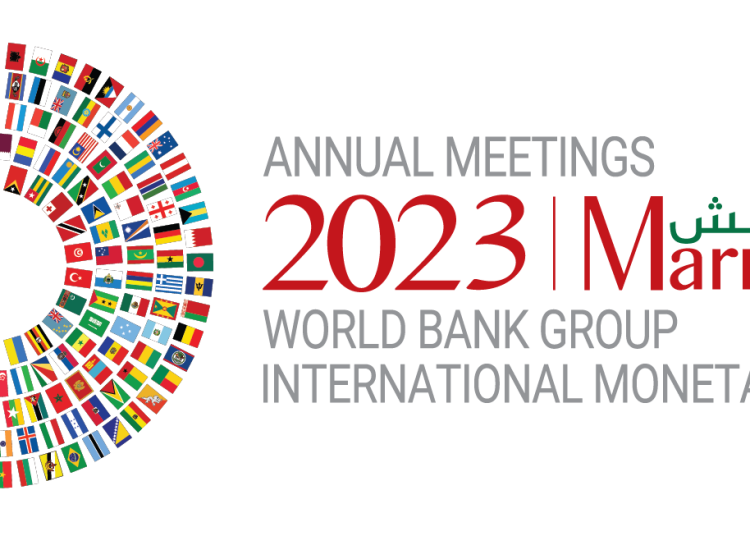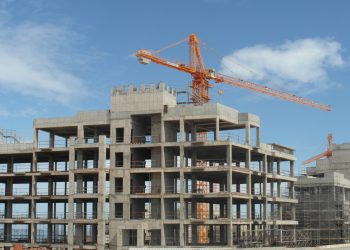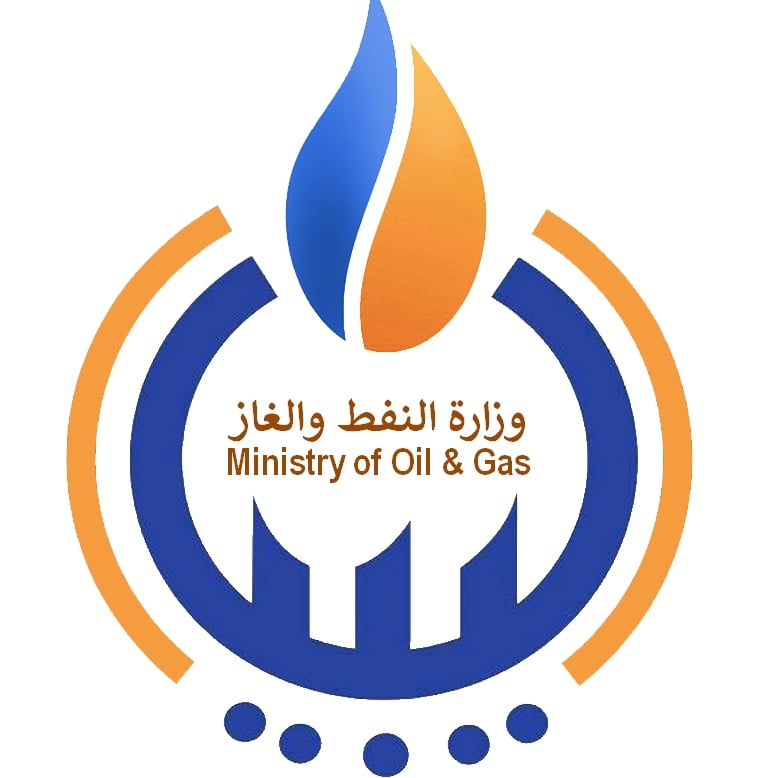The Governor of the Central Bank of Libya (CBL), Saddek El-Kaber, held several meetings at the Annual Meetings of the World Bank and IMF 9 to 15 October 2023 in Marrakesh, Morocco.
Bahador Bijani, Executive Director in the IMF
On Monday, the CBL reported that El-Kaber, and his team, met Bahador Bijani, Executive Director in the IMF where the key topics they discussed were the review of IMF member states’ quotas in the International Monetary Fund, and the efforts of the Central Bank of Libya to implement the recommendations of the IMF Article IV consultation report.
De La Rue Tuesday 10 Oct
On Tuesday El-Kaber and his team first met Clive Cacher, CEO of De La Rue, and his team, where the CBL reported they discussed unifying the Central Bank of Libya, the latest technologies in printing environmentally friendly currency, discussing the global shift from traditional currency to digital currencies, and the Central Bank of Libya’s strategy for digital transformation.
US Treasury Dept Tues 10 Oct
The CBL Governor El-Kaber and his team then met on Tuesday the U.S. Deputy Assistant Secretary of the Treasury for Africa and the Middle East, Eric Meyer where they discussed recommendations of the US Department of the Treasury regarding the governance of spending on the reconstruction of areas affected by Hurricane Daniel in cooperation with the World Bank, a brief on the measures completed within the plan to unify the CBL and confirming the United States’ support for the unification path.
They also discussed the US Treasury’s support for the role of the Supreme Financial Committee to ensure transparency and disclosure and ensure the fair distribution of development allocations, and efforts to combat money laundering and terrorist financing, in addition to discussing the programme for reviewing countries’ contribution quotas in the IMF, and financial transaction controls for international non-profit organizations.
Jihad Azour, IMF Director of the Middle East, North Africa, Central Asia and Caucasus Region
On Tuesday, El-Kaber and his team also met Jihad Azour, Director of the Middle East, North Africa, Central Asia and Caucasus Region in the IMF, and his team.
A brief about the measures completed in the plan to unify the Central Bank of Libya, and the Libyan state’s implementation of the recommendations of the International Monetary Fund regarding Article Four consultations, especially with regard to reforming the subsidy policy and diversifying sources of income, and the aspirations of the International Monetary Fund to improve the Libyan economy and public finances in partnership with the Central Bank of Libya, were discussed.
The work programme for the scheduled visit of IMF experts this year and the technical support to the Central Bank of Libya on combating money laundering and terrorist financing, were also discussed.
Kenji Okamura, Deputy Executive Director of the IMF
In a busy day of meetings, El-Kaber and his team also met on Tuesday Kenji Okamura, Deputy Executive Director of the IMF.
At the meeting they discussed coordinating international support efforts to develop the banking and financial sector, supporting the Central Bank of Libya on combating money laundering and terrorist financing and national risk assessment, and the resumption of the Fund’s Article IV consultation, and briefing about the procedures for unifying the Central Bank of Libya.
Islamic Development Bank
Finally, on Tuesday, the CBL Governor and his team also met Mohamed Suleiman Al-Jasser, Chairman the Islamic Development Bank and his accompanying team.
They discussed the results of the Islamic Development Bank team’s visit to Tripoli, the capacity building programmes adopted by the Islamic Development Bank, the vision of empowering youth and increasing their participation in the labour market, and the plan of the CBL to support small and medium enterprises and benefiting from the experiences of the Islamic Development Bank in particular, and supporting and developing the financial sector and programmes to develop financial supervision and reviewing the experience of the CBL in maintaining financial sustainability and the strength of the Libyan dinar under exceptional circumstances.









